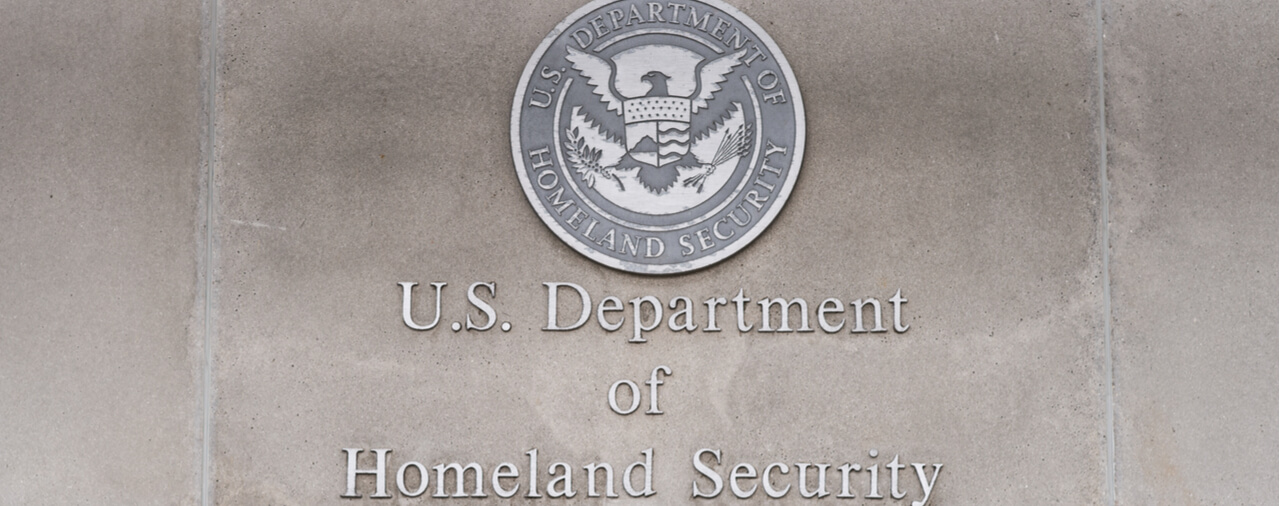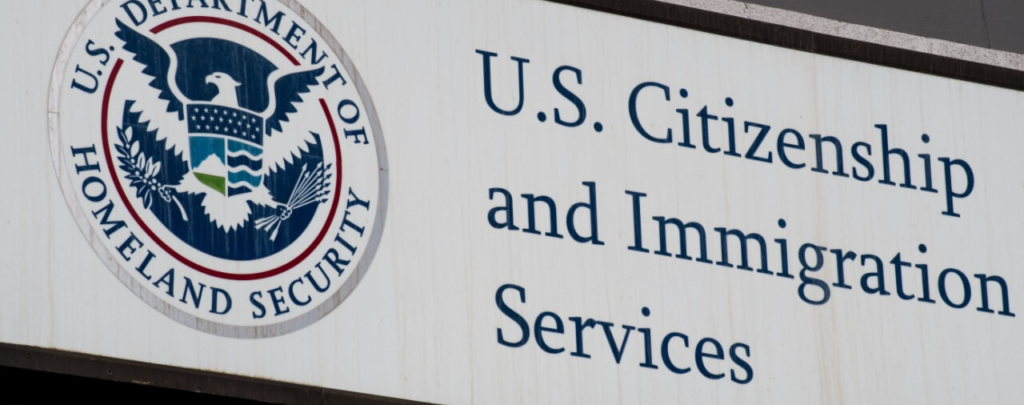On September 22, 2018, the Department of Homeland Security (DHS) announced that, in the near future, it will publish an extremely consequential proposed rule revising the definition of “public charge” under the Immigration and Nationality Act (INA). We have uploaded the DHS news release [PDF version] and the draft rule [PDF version] for your convenience.
The most prevalent public charge provision in the INA is found at section 212(a)(4) of the INA. This provision renders an alien who does not establish that he or she is not likely to become a public charge inadmissible. It is mainly relevant in the context of family-sponsored immigrant visa and adjustment of status applications. You may read a detailed walkthrough of the current public charge rules here [see article]. In addition, there is a public charge deportability provision found at section 237(a)(5) of the INA. However, as we discuss in our full article, the public charge deportability provision has been construed narrowly and is seldom invoked [see article].
Before discussing the draft rule, it is important to remember that the rule has not yet been published in the Federal Register. Once the proposal is published in the Federal Register, it will be open to public comment for 60 days. After the 60 day notice and comment period, DHS will consider the comments and work on drafting a final rule for publication in the Federal Register, at which point the rule will take effect. It is likely that any new public charge rules would not take effect for several months, at the earliest.
While we expect that the proposed rule that the DHS intends to publish “in the coming weeks” will be substantially similar to the draft rule, the DHS may make alterations before publication. For that reason, we will summarize the key points of the draft rule here and write a longer post once the DHS publishes a proposed rule for public comment in the Federal Register.
Under the current public charge rules, a consideration of whether an alien is likely to be a public charge is most relevant in the family immigration context. Nearly all family-sponsored immigrant visa or adjustment of status applicants require an affidavit of support in order to have their applications approved. Under current rules, a properly submitted affidavit of support that comports with all of the legal requirements is generally sufficient to overcome the presumption of public charge.
Under the draft rule, the DHS would instead determine whether an applicant is likely to become a public charge based on the “totality of the circumstances.” This would require adjustment of status applicants to file a new Form I-944, Declaration of Self-Sufficiency, along with the Form I-485 adjustment of status application. The rule would also introduce new procedures for evaluating whether a nonimmigrant seeking change of status or extension of status has already become or has been a public charge during his or her stay and/or whether the petitioner is likely to become a public charge in the future, except in categories exempt from the public charge ground of inadmissibility. Significantly, the rule would also revise implementing regulations for section 213 of the INA, which allows the Secretary of Homeland Security to accept a public charge bond from certain individuals seeking adjustment of status.
Receipt of certain benefits would be weighed as “highly negative factors” against finding that an alien is not likely to be a public charge. Under current rules [see section], receipt of the following three means-tested public benefits are considered adverse factors in public charge determinations:
Supplemental security income (SSI);
Cash temporary assistance for needy families (TANF), but not including supplemental cash benefits or any non-cash benefits provided under TANF; and
State and local cash assistance programs that provide for income maintenance.
The draft rule would also include the receipt of the following benefits significant adverse factors in public charge determinations in addition to the three that are already considered:
Medicaid (with limited exceptions for Medicaid benefits paid for an “emergency medical condition,” and for certain disability services related to education);
Medicare Part D Low Income Subsidy;
Supplemental Nutrition Assistance Program (SNAP, or “food stamps”);
Institutionalization for long-term care at government expense;
Section 8 Housing Choice Voucher Program;
Section 8 Project-Based Rental Assistance; and
Public Housing.
The draft rule requests public comments on whether the Children’s Health Insurance Program (CHIP) should also be included in a final rule. However, CHIP is not currently among the public benefit programs in the draft rule.
The draft rule includes a 36-month rule under which the receipt of the public benefits listed above (exempting CHIP, at least in the draft rule) within 36 months of an application would be a heavily weighted negative factor in the public charge context. Prior receipt of such benefits — i.e., prior to 36 months before submission of the application — would still be a negative factor but not a heavily weighted one. Other factors that would be considered would include how much the alien received in benefits, how many individual benefits he or she received, and the duration for which he or she received benefits, along with other factors.
In another important point, the draft rule would not count as negative factors any public benefits that were not covered under the previous public charge regulations and which were received before January 1, 2019. However, any such benefits received after that date would count as negative factors.
The draft public charge rule will constitute, if implemented, one of the most significant changes in immigration law in recent years. The provisions in the rule are categorically unfavorable to aliens seeking immigrant visas, adjustment of status, change of nonimmigrant status, and extension of nonimmigrant stay, and who are not otherwise exempt from the public charge provisions. Its consequence would be especially felt in the family immigration context, where many applicants for immigrant visas or adjustment of status may have a significantly higher bar for establishing eligibility to become lawful permanent residents. Furthermore, the rule’s expansion of public benefits that would be encompassed under the public charge regulations would potentially imperil many immigrant visa and adjustment of status applications.
In one final note before we conclude, the draft rule proposes no change to how the DHS interprets section 237(a)(5) of the INA — the public charge deportability provision. That means that section 237(a)(5) should continue to be an uncommonly charged deportability ground. Please see our full article on section 237(a)(5) for more information [see article].
As we noted earlier, it is too early to tell what the ultimate outcome of this draft rule will be. It is possible that the Final Rule — if any is published — will be significantly watered down from the draft rule that we have discussed in this article. Furthermore, it is uncertain when the DHS will publish a proposed rule and start the 60-day comment period, much less when DHS would publish a Final Rule, assuming it ultimately does so.
Those with questions about how the proposed rule may affect them should consult with an experienced immigration attorney for a case-specific consultation. Furthermore, an experienced attorney may provide up-to-date guidance based on developments in the process toward the draft becoming a Final Rule. It is important to reiterate that family-sponsored immigrant visa applications and adjustment of status applications will, for the time being, continue to be adjudicated under the current public charge rules, not the draft rule or future proposed rule in the Federal Register. You may read about the current rules in our main article on the subject [see article].





